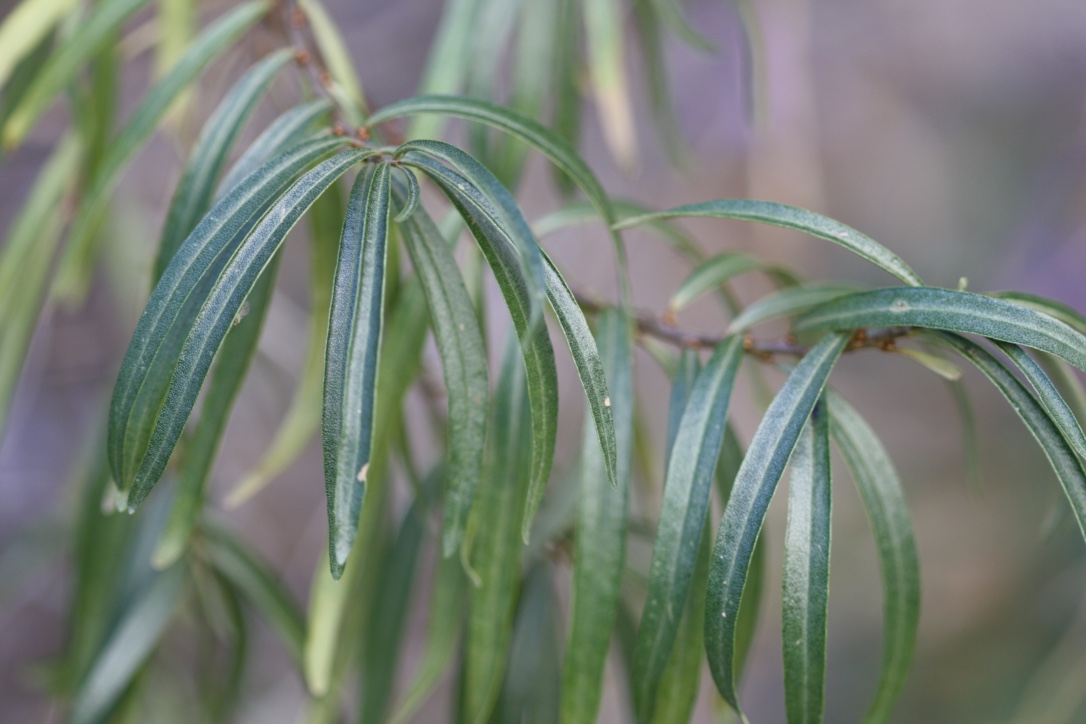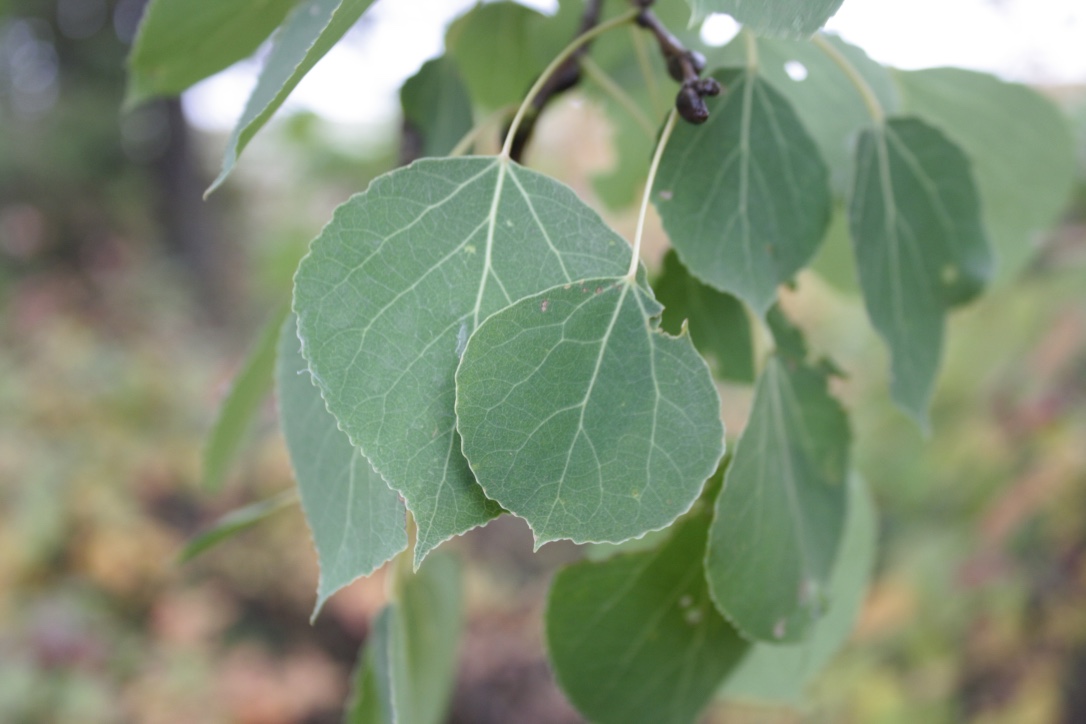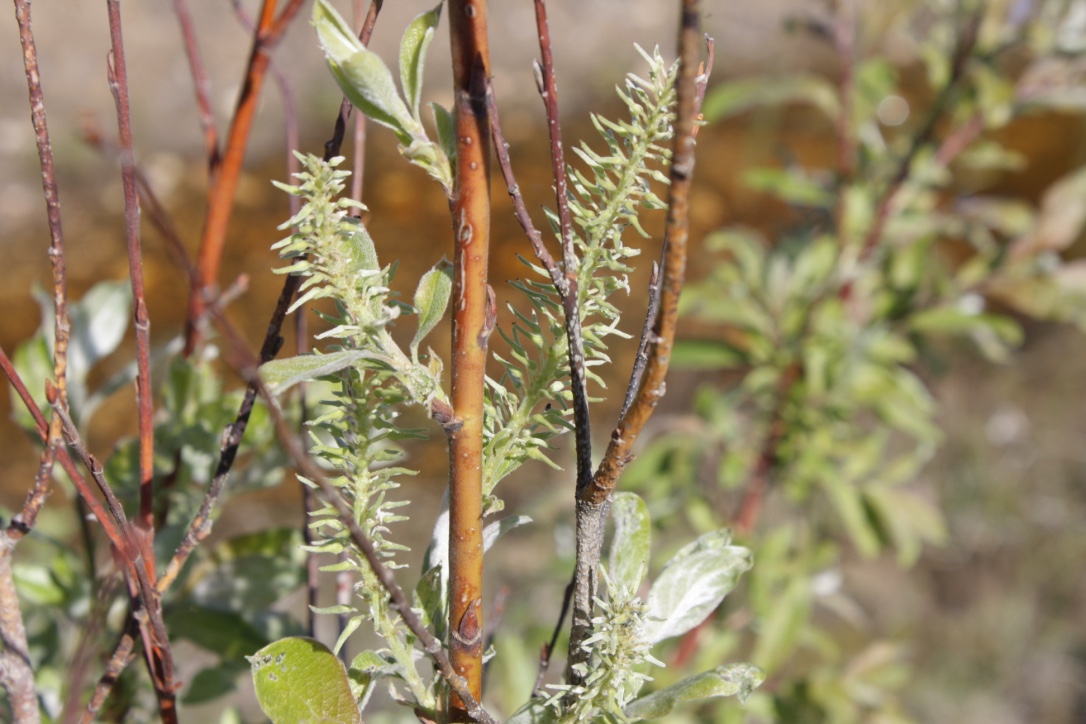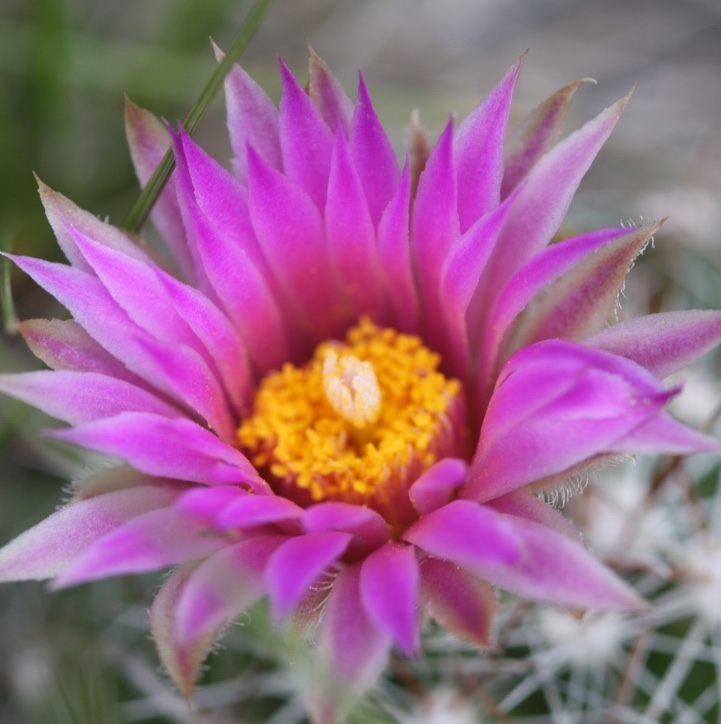Species
Tree & Shrub SpeciesAbout Trees & Shrubs
Trees and shrubs are woody perennial plants that mostly bear resemblance to forbs, with some major exceptions in several family groups. Most of these families’ flowering parts are in the form of catkins or cones, rather than perianth with distinct pistils and stamens which is common with most forbs. Trees and shrubs grow from cambium which gives structure and strength to these often-towering plants. Trees particular form the top-most canopy of forests, and shrubs make up the lower canopy above the herbaceous forbs and graminoids (grasses).
“Time is never wasted when spent amongst the trees.”
– Anonymous
Trees & Shrubs in Rangelands
The conspicuity of trees and shrubs vary significantly from one ecoregion to another. A very small percentage of woody plants (primarily shrubs) occupy the prairie region’s vegetation cover, whereas, in other regions such as the Boreal or Aspen Parkland ecoregions, they make up a prominent component of the plant community.
Forage value varies greatly between species as well. A few species are known to be toxic, many are unpalatable and worth no value to game and livestock, whereas others is quite the opposite (quite palatable and nutritious) and thus often relied on as winter forage.
Shrub and tree components are valuable for use as cover and habitat for wildlife in all ecoregions. Woody species tend to be persistent and relatively aggressive on the whole, and therefore have the potential to increase in population as range condition deteriorates. Some species, however, are sensitive to defoliation and may decrease in number with browsing pressure.
Morphological characteristics of forbs
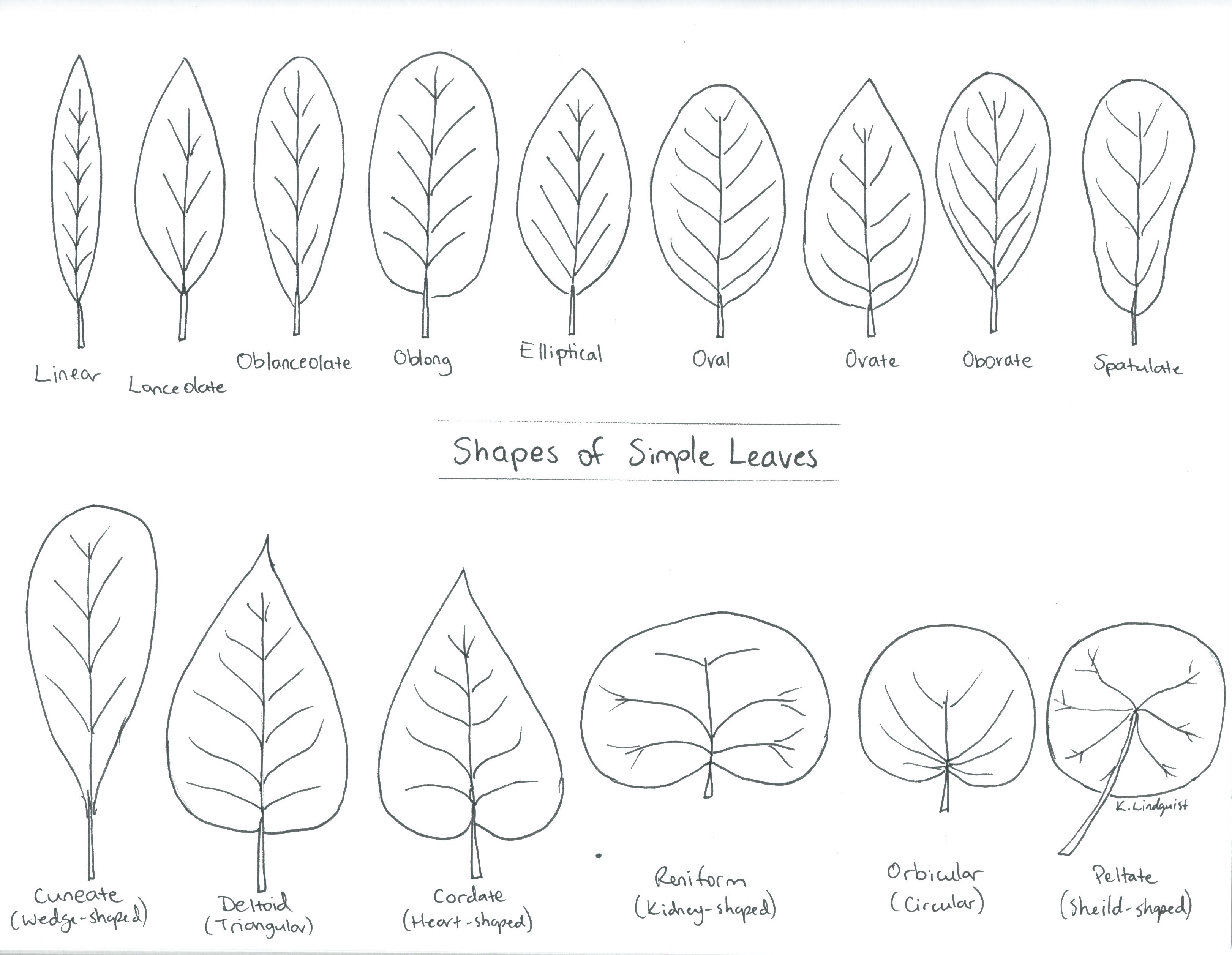
Shapes of Simple Leaves
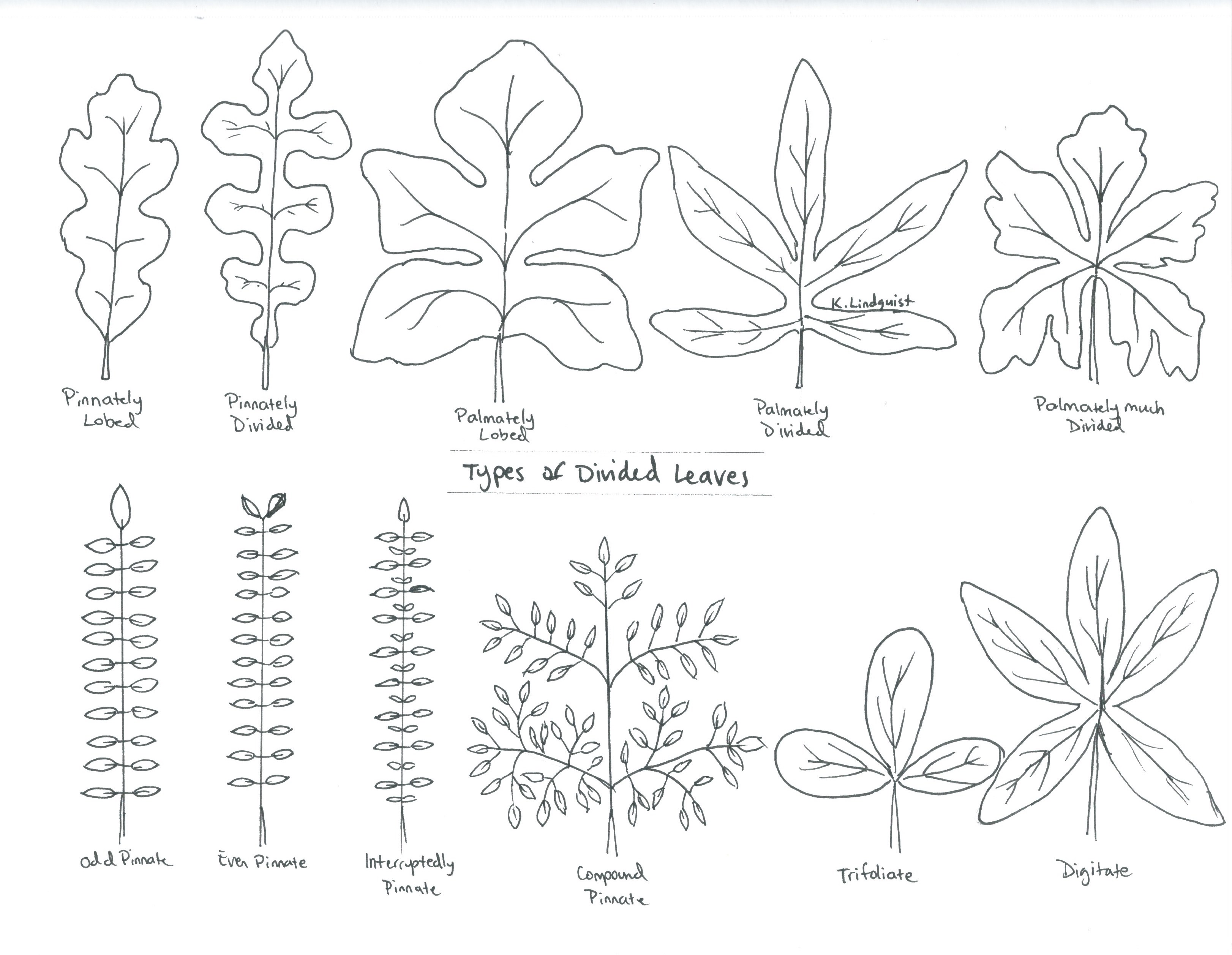
Types of Divided or Compound Leaves
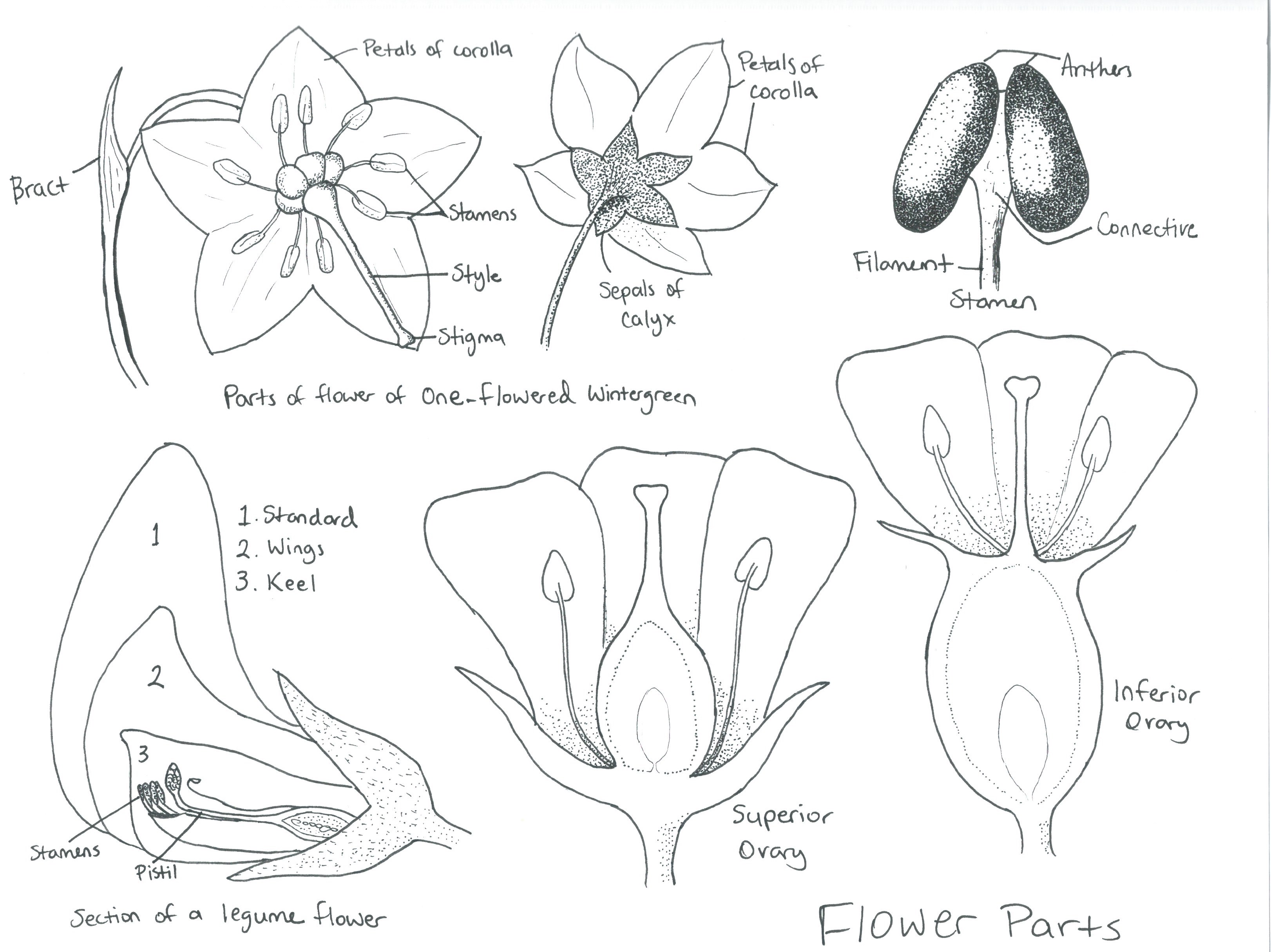
Parts of a Simple Flower (One-Flowered Wintergreen)
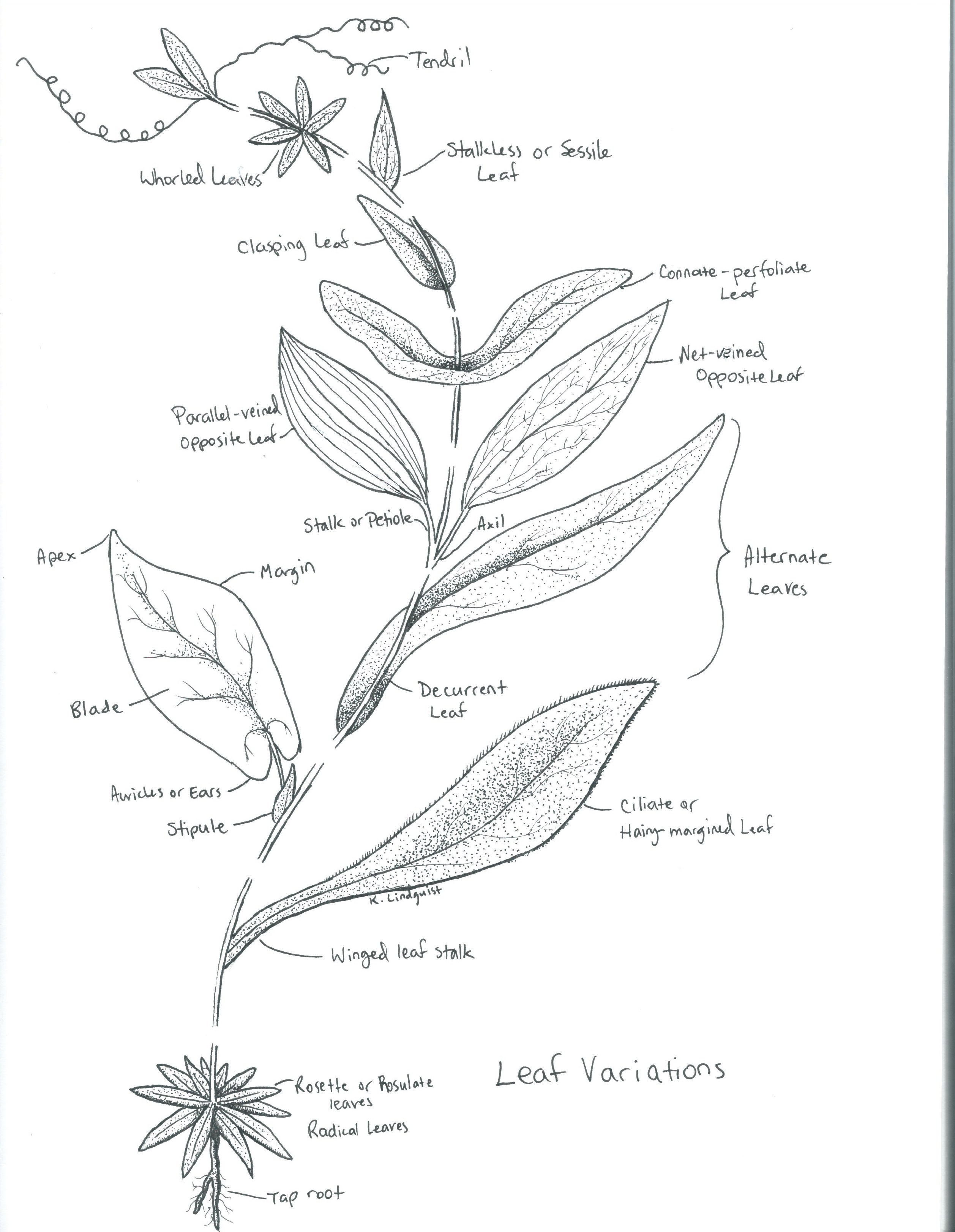
Variations of Leaves
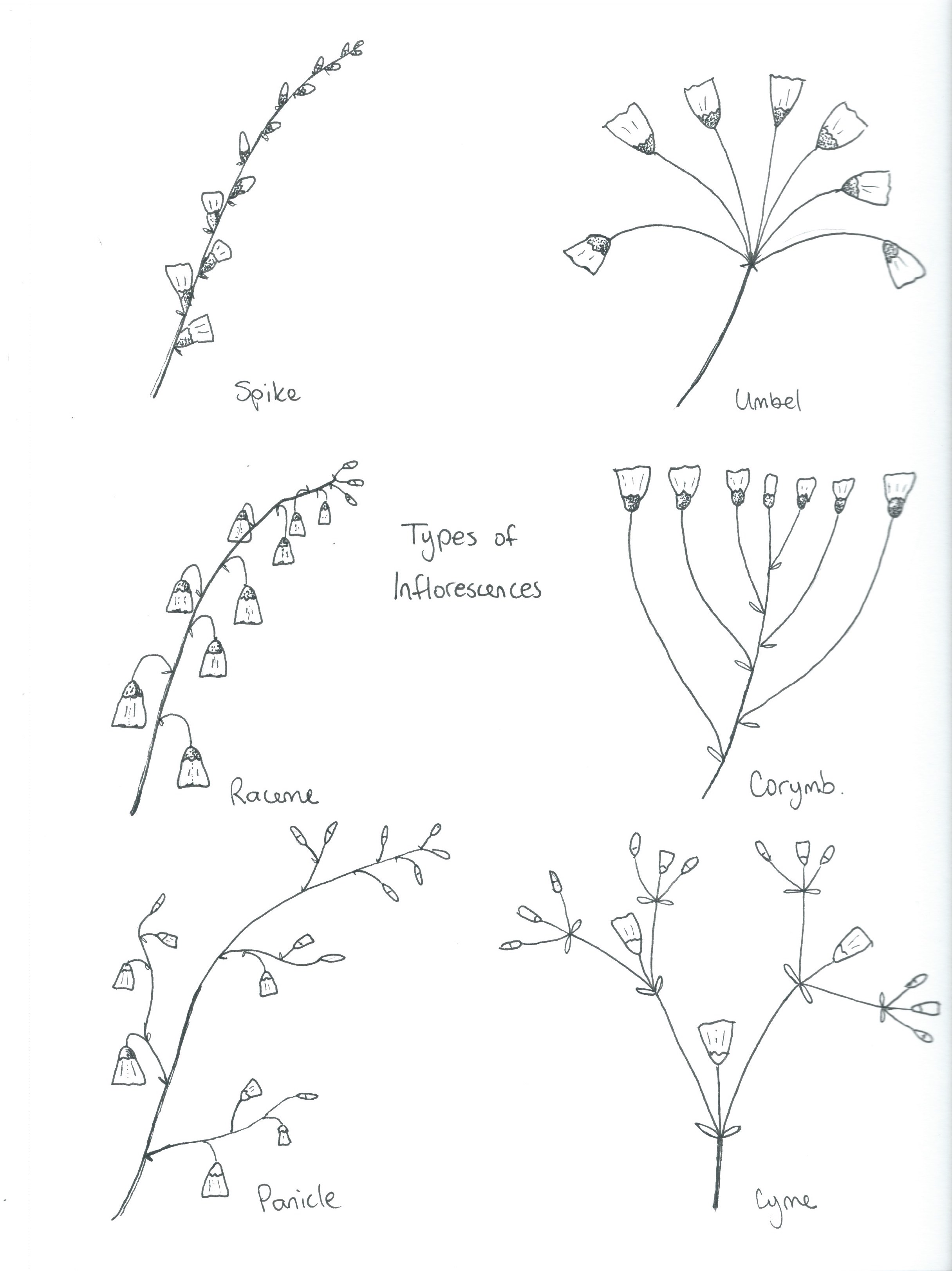
Types of Inflorescences of Shrub Flowers
Click on one of the images below to learn more about the species you are interested in!
* Note: Species that have the asterisk (*) next to the name on the photos above indicate that the author is in the process of providing identification details and more information about that particular species.
Please note that ALL SPECIES are currently under construction, with new photos (and captions) being added to. Check back regularly to see what’s new!
Major Group: Gymnospermae
Family Cupressaceae
(Juniper Family)
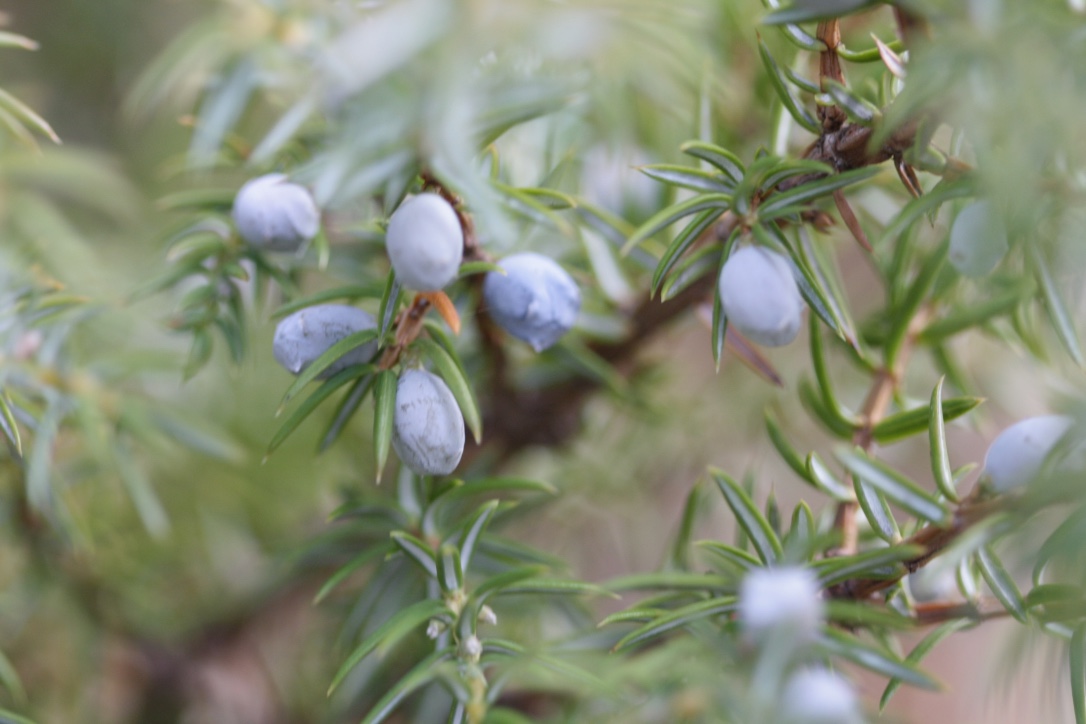
*Common Juniper
(Juniperus communis)
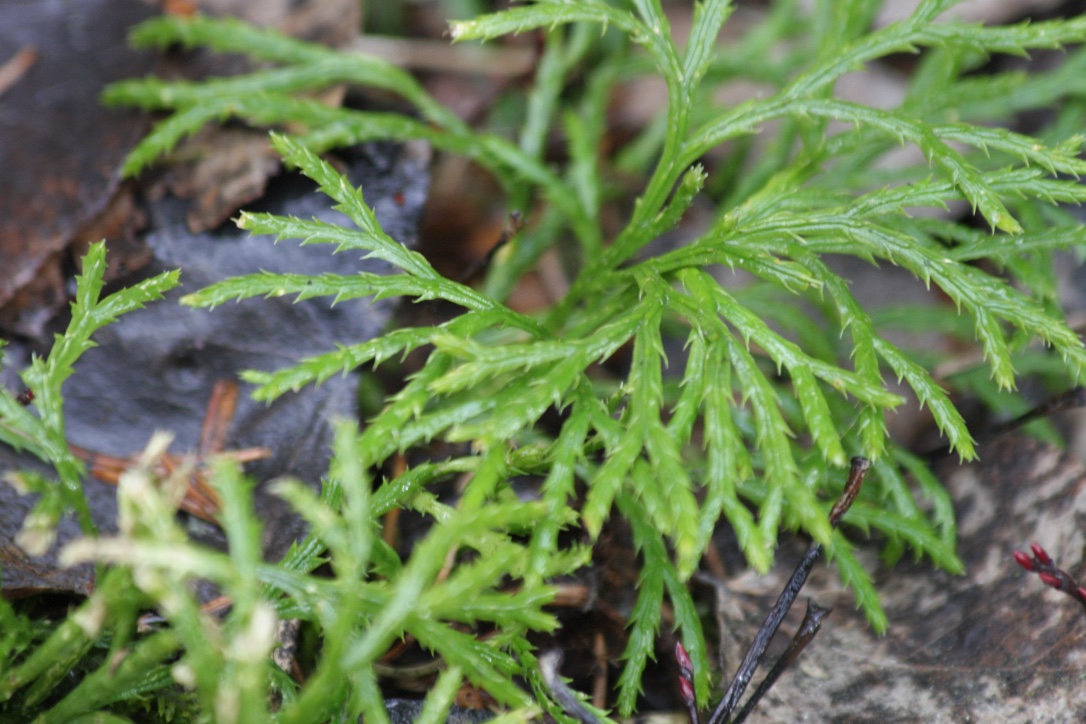
*Creeping Juniper
(Juniperus horizontalis)
Family Pinaceae
(Spruce & Pine Family)
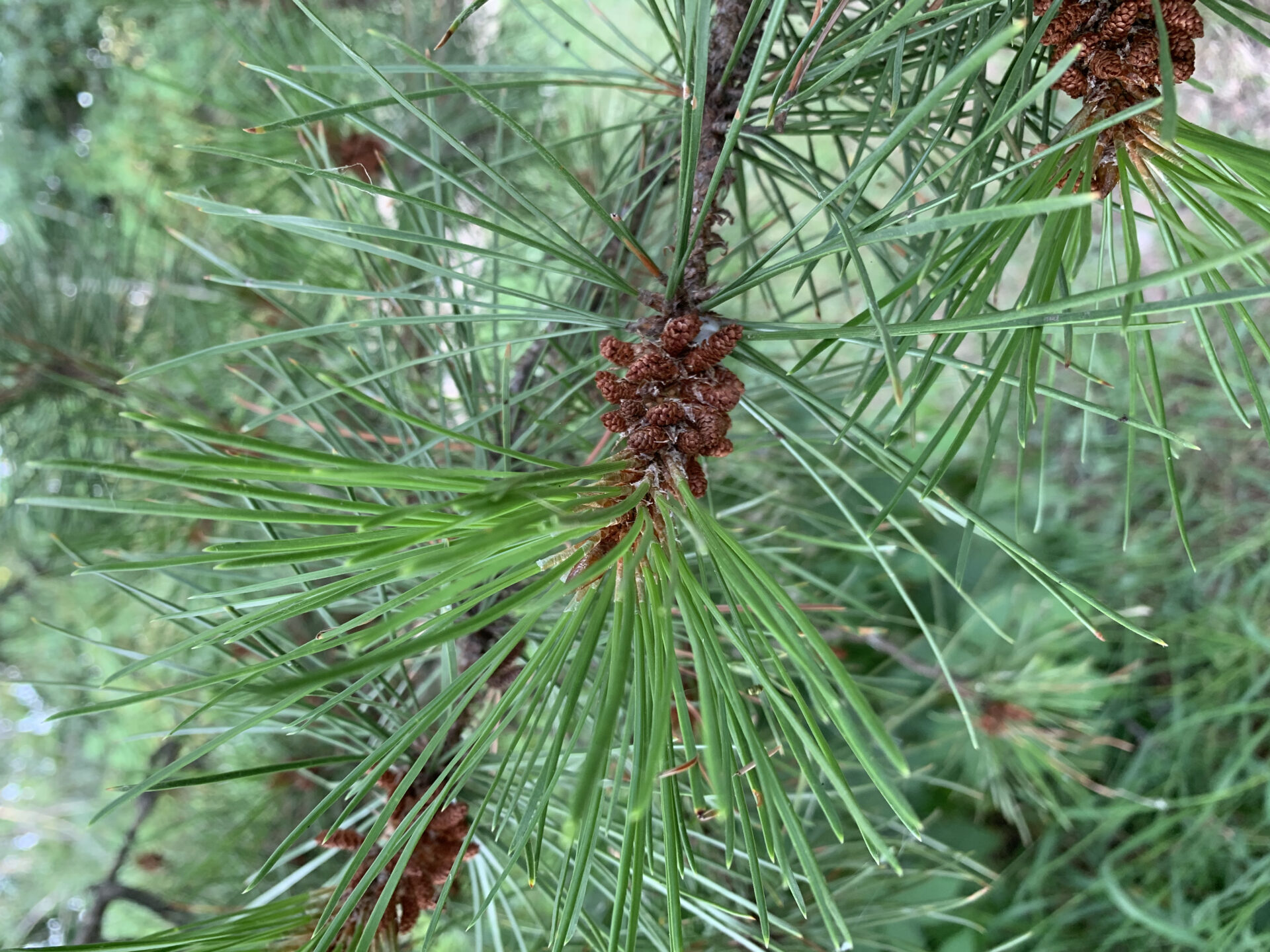
*Lodgepole Pine
(Pinus contrata)
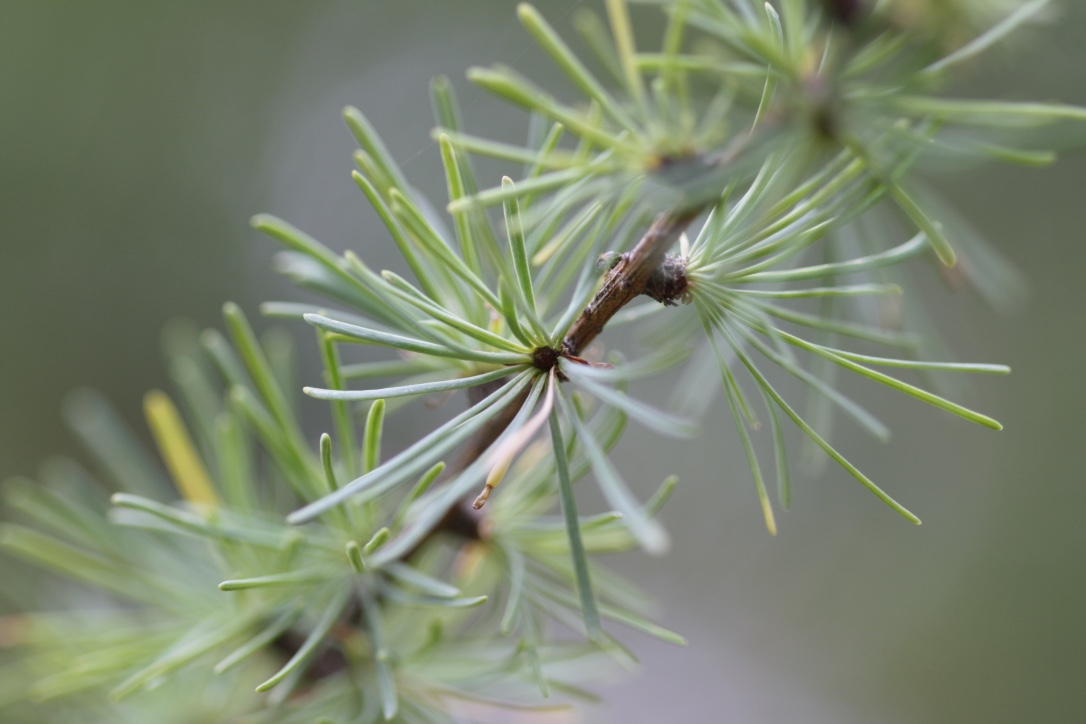
*Tamarack
(Larix laricina)
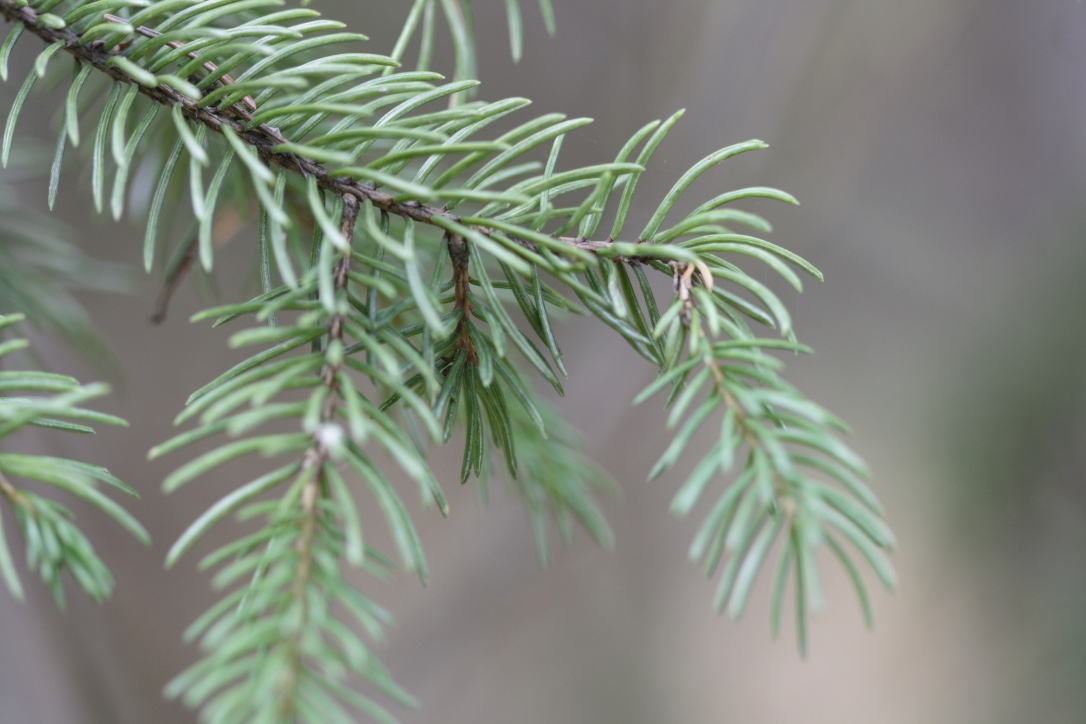
*White Spruce
(Picea glauca)
Major Group: Angiospermae
Family Aceraceae
(Maple Family)
Family Amaranthaceae
(Amaranth Family)
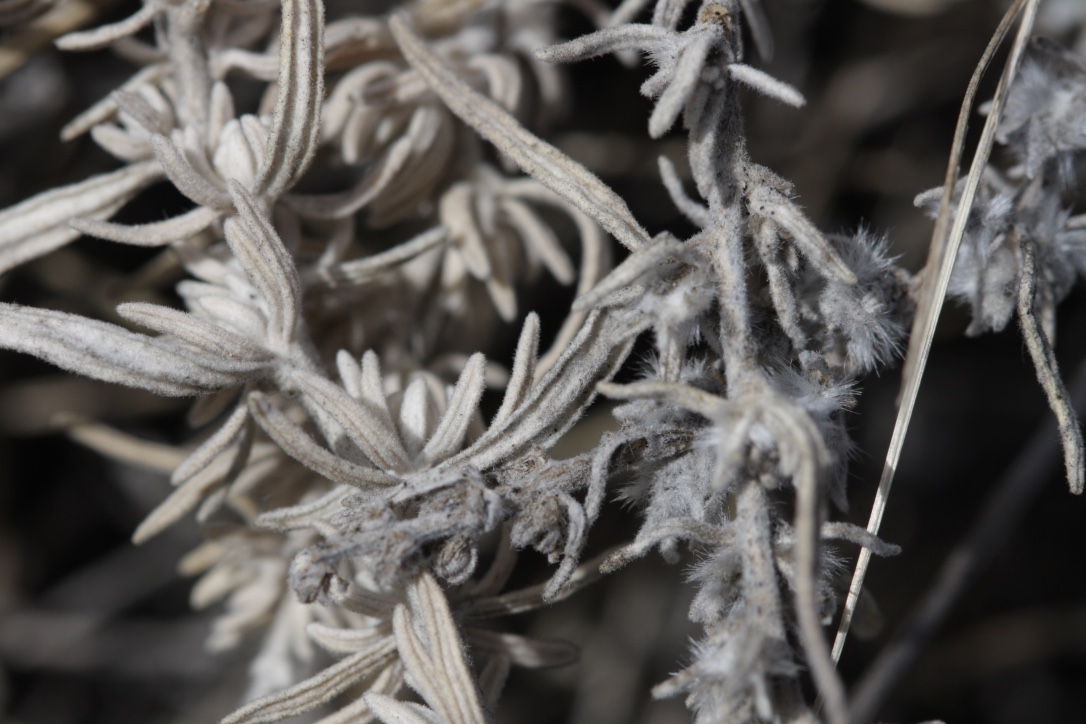
Winterfat
(Krascheninnikovia lanata)
Family Asteraceae
(Sunflower & Aster Family)
Family Betulaceae
(Alder & Birch Family)
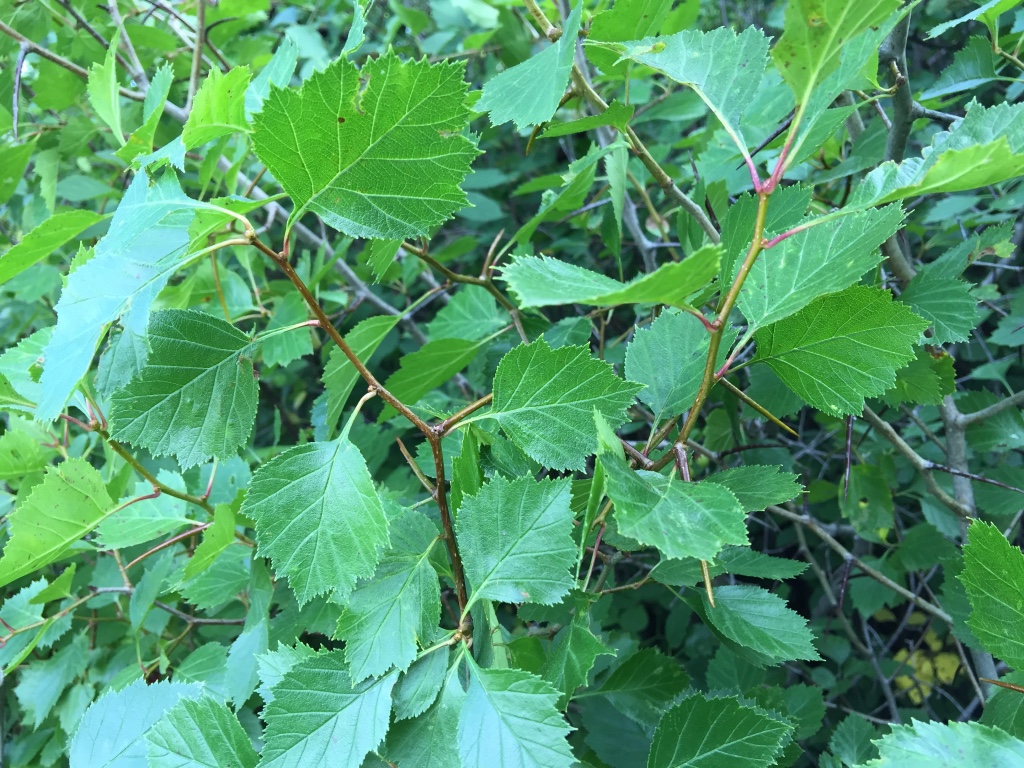
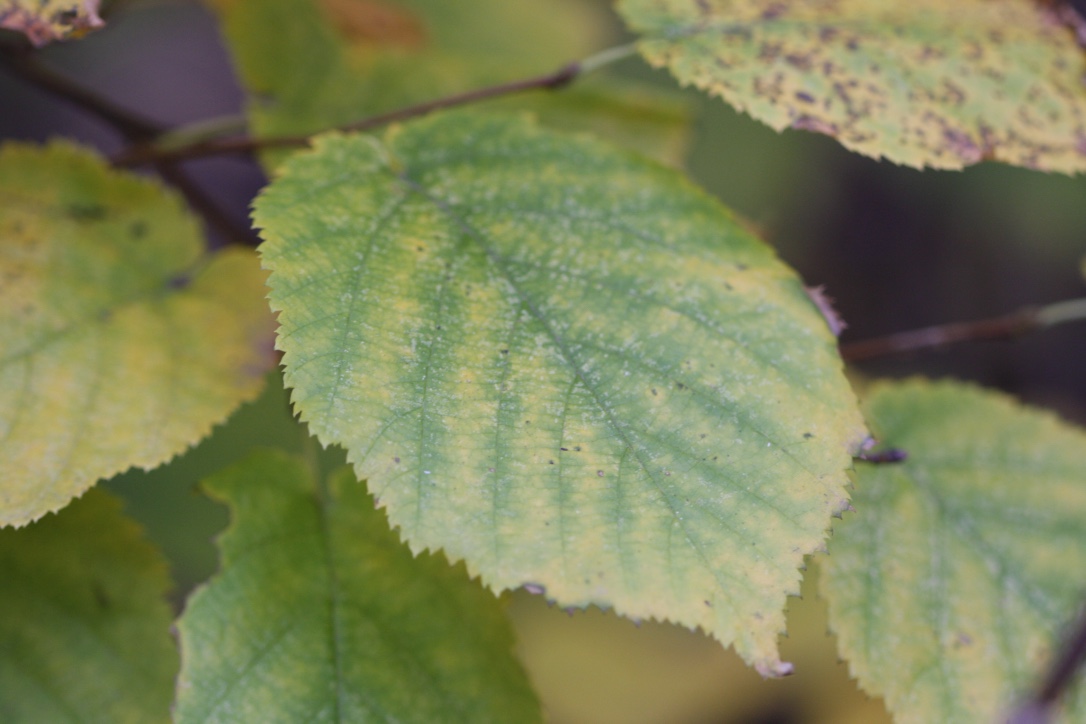
*Paper Birch Tree
(Betula papyrifera)
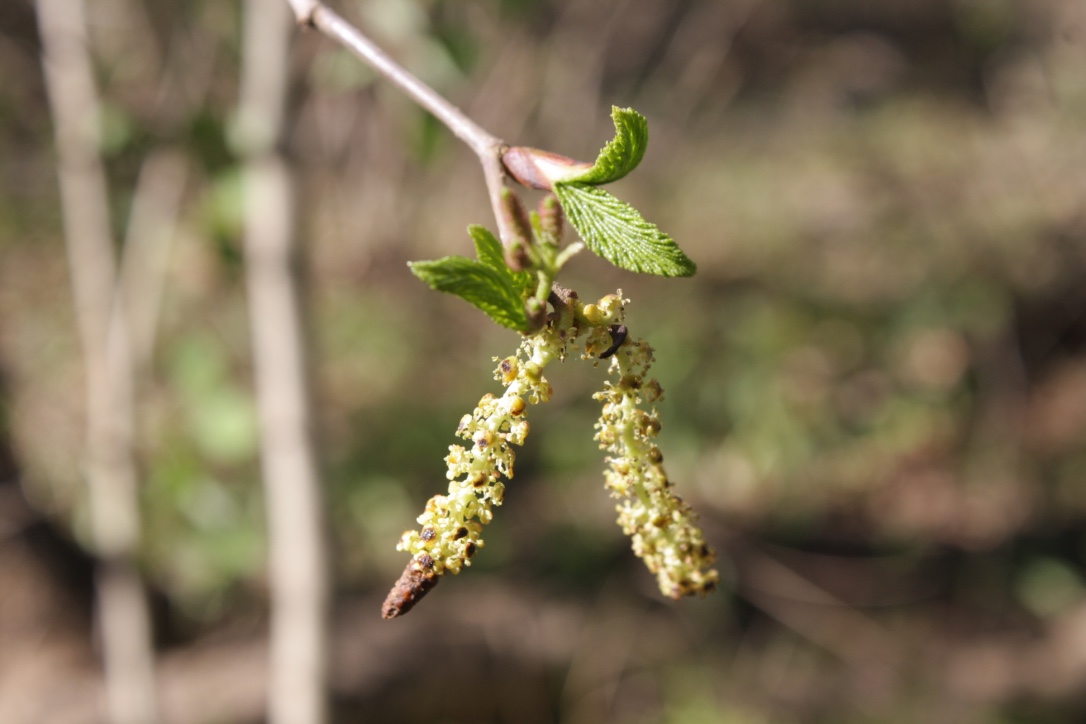
Family Caprifoliaceae
(Honeysuckle Family)
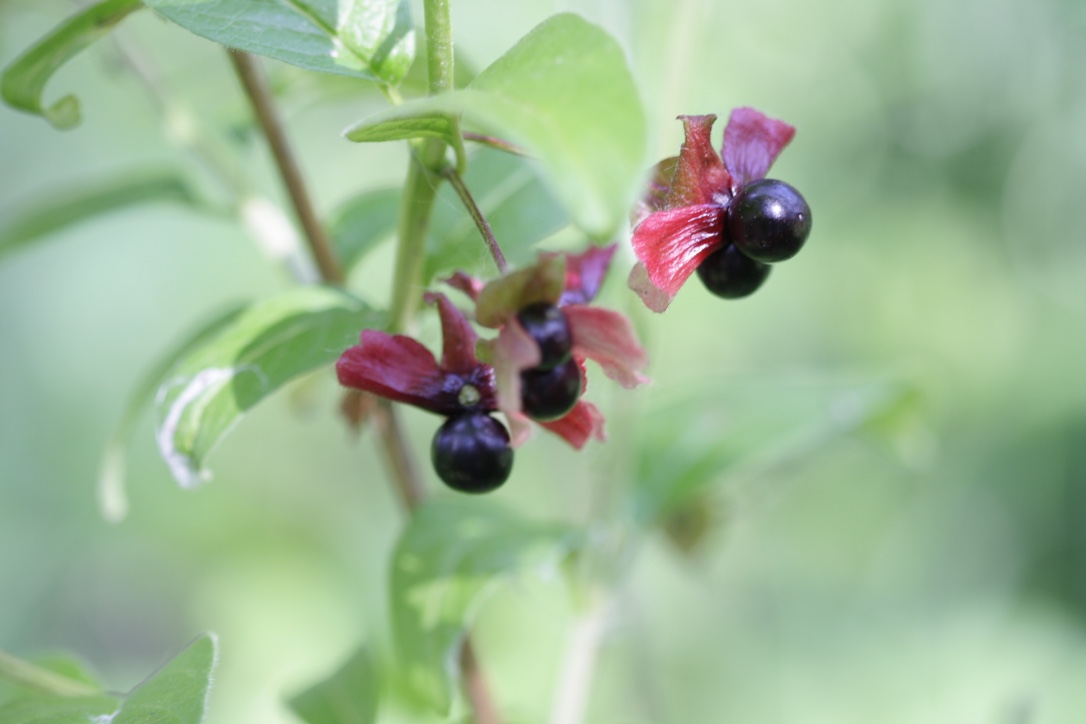
Family Cornaceae
(Dogwood Family)
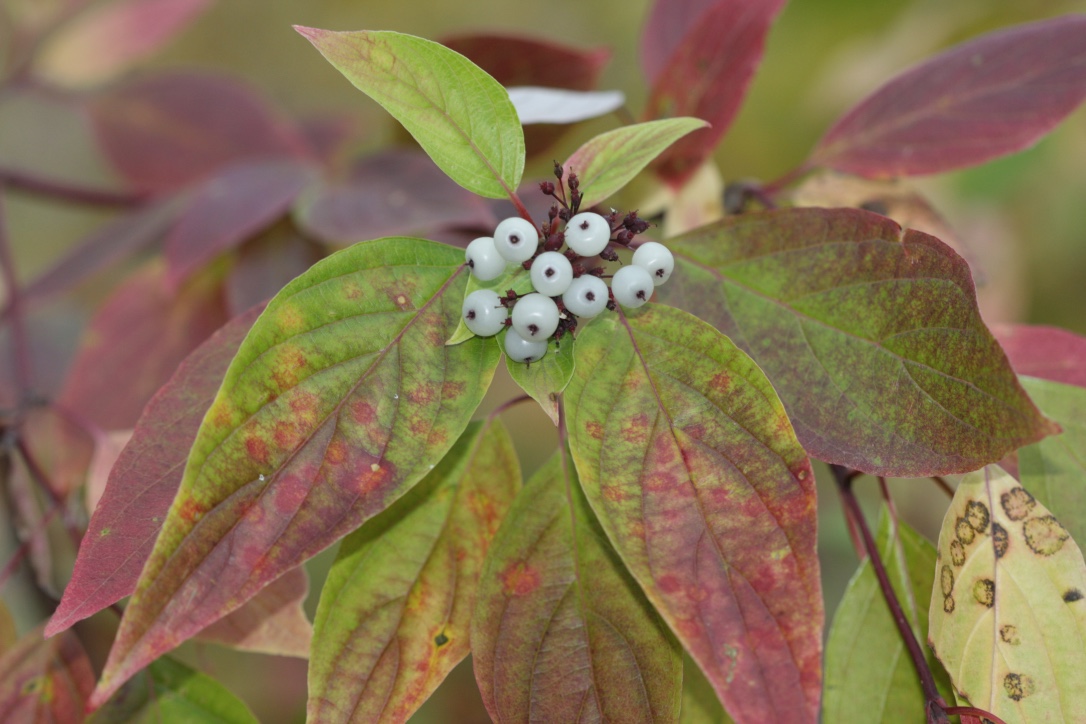
Family Elaeagnaceae
(Wolfwillow & Buffaloberry Family)
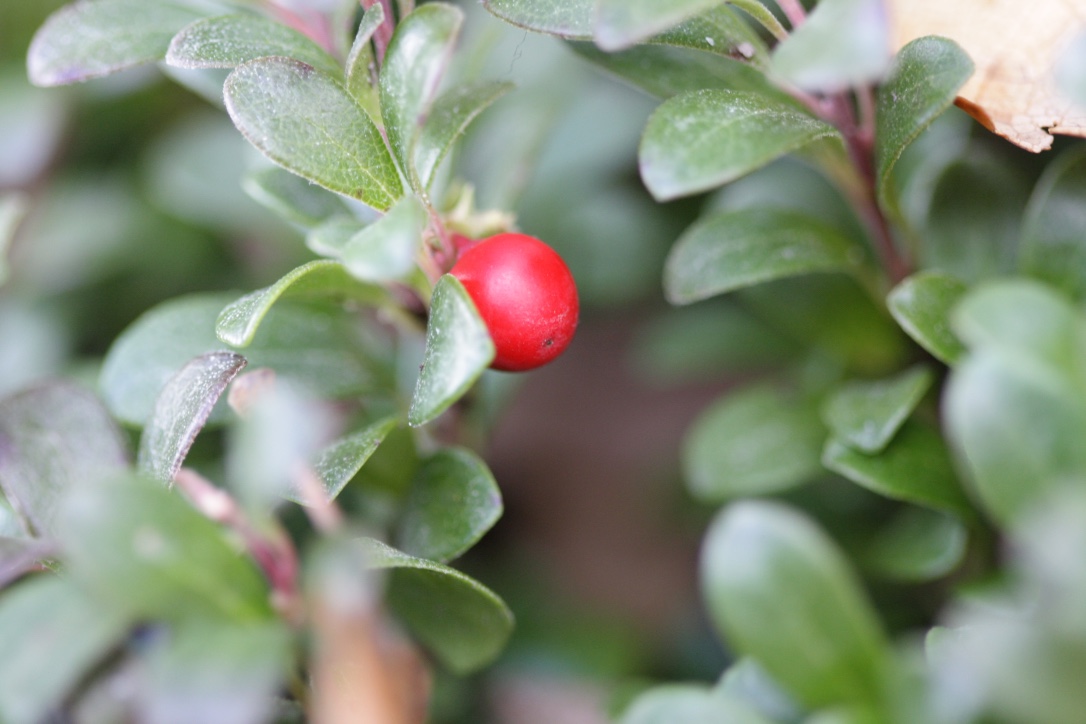
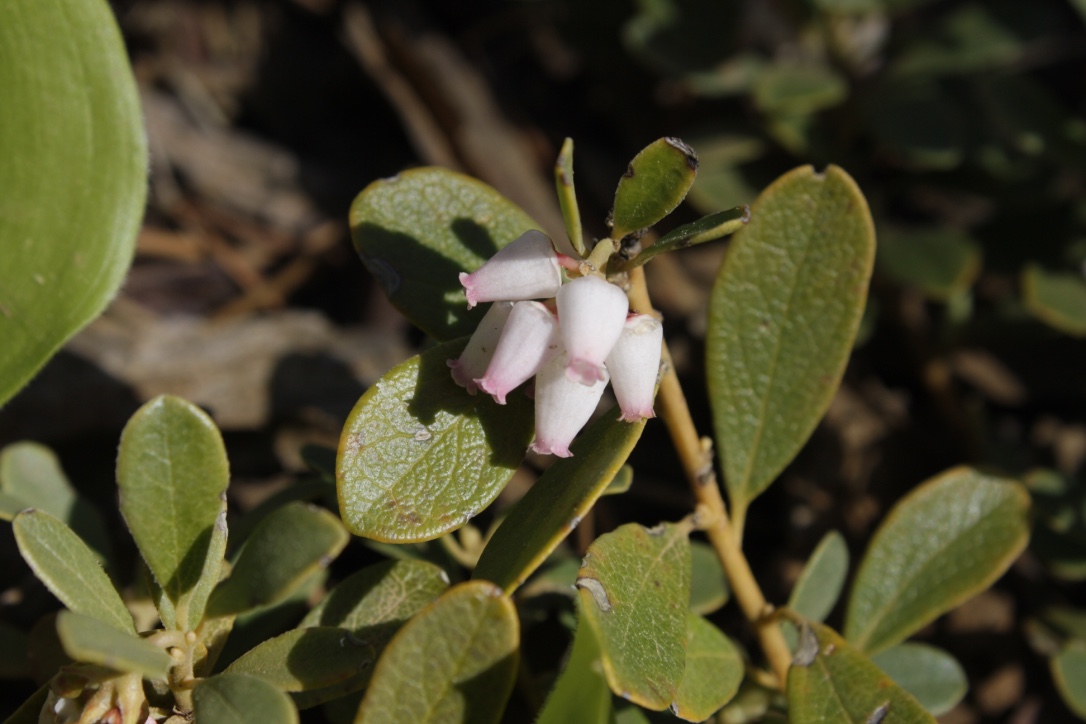
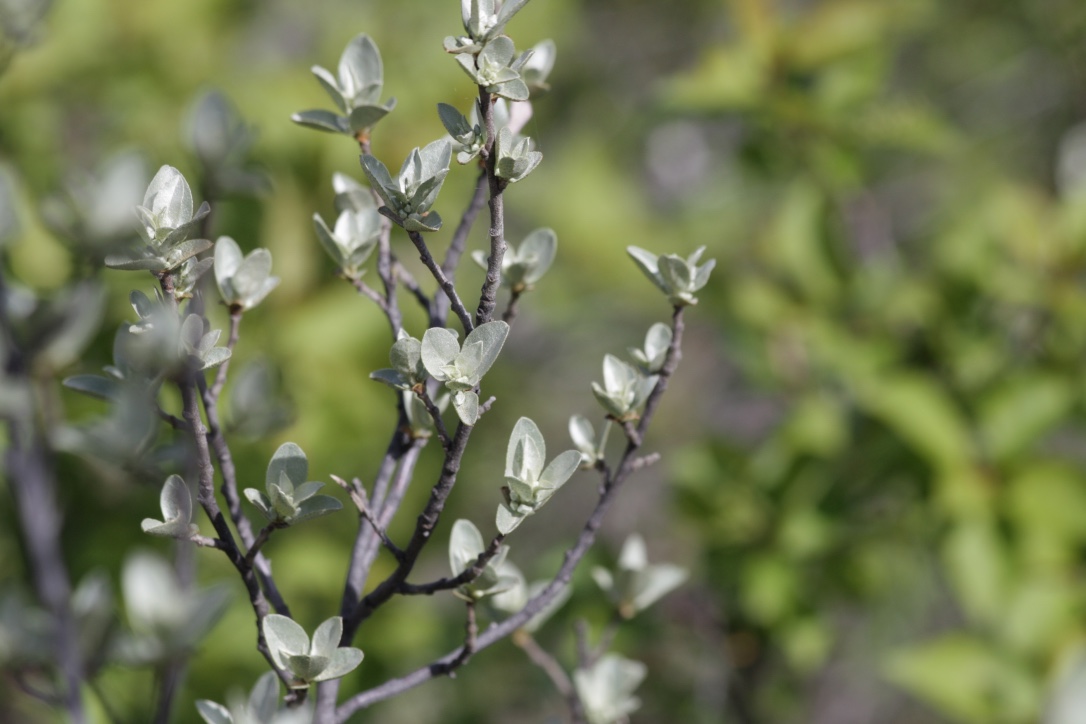
*Wolf Willow
(Elaeagnus commutata)
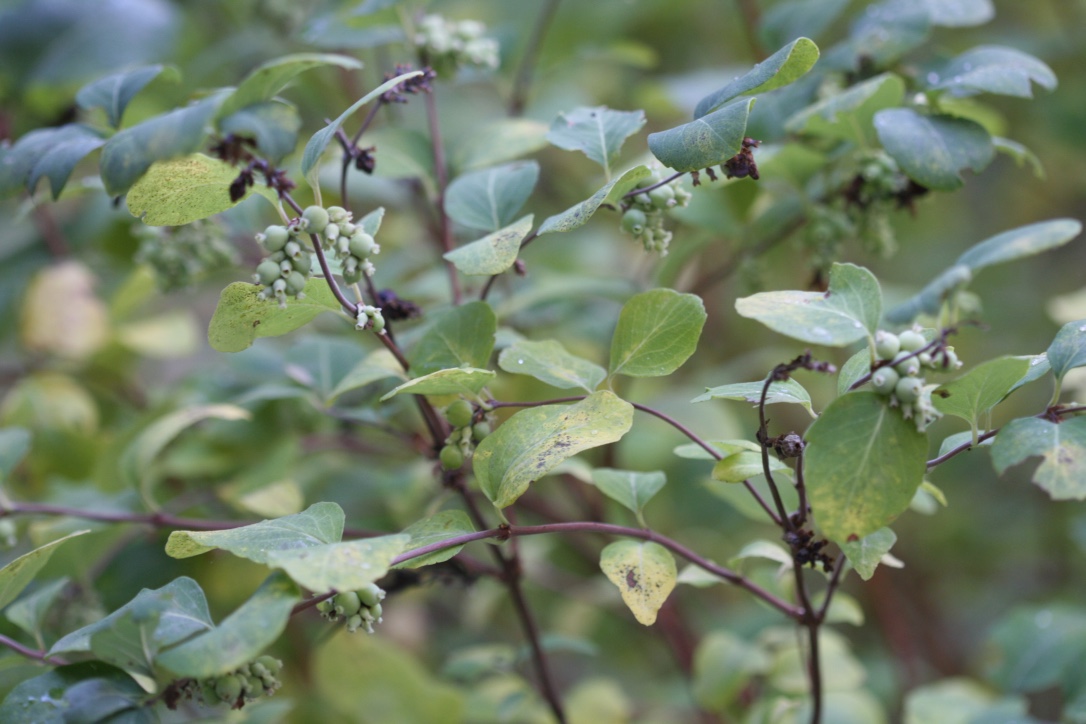
*Common Snowberry
(Symphoricarpos albus)
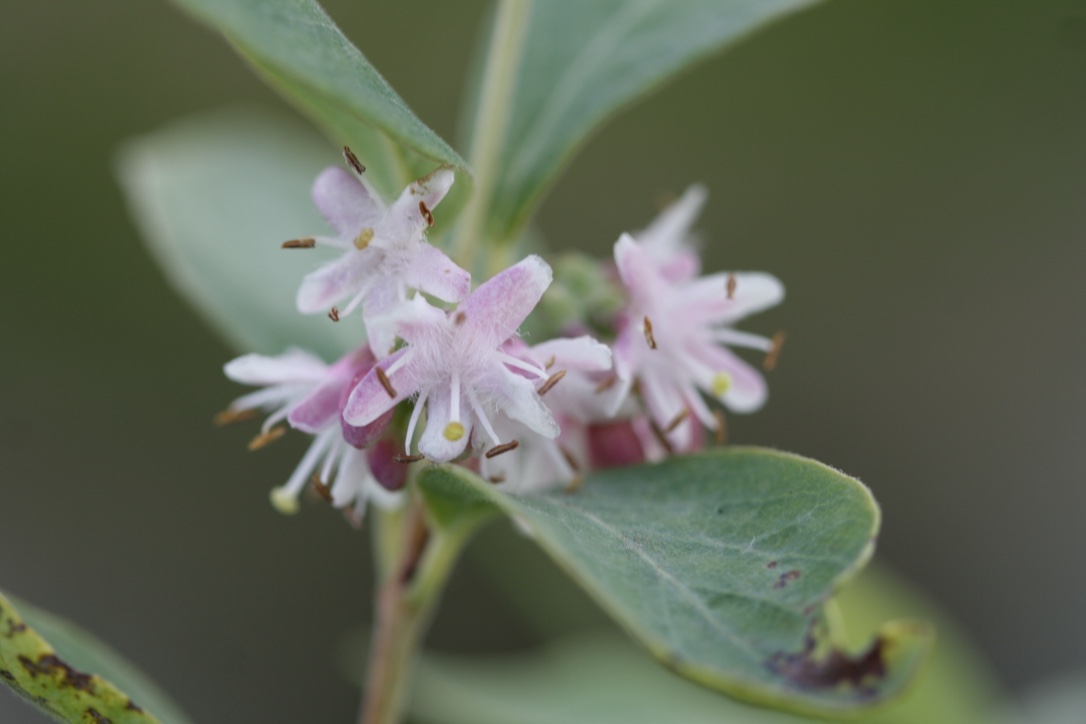
*Western Snowberry (Buckbrush)
(Symphoricarpos occidentalis)
Family Ericaceae
(Heath & Cranberry Family)
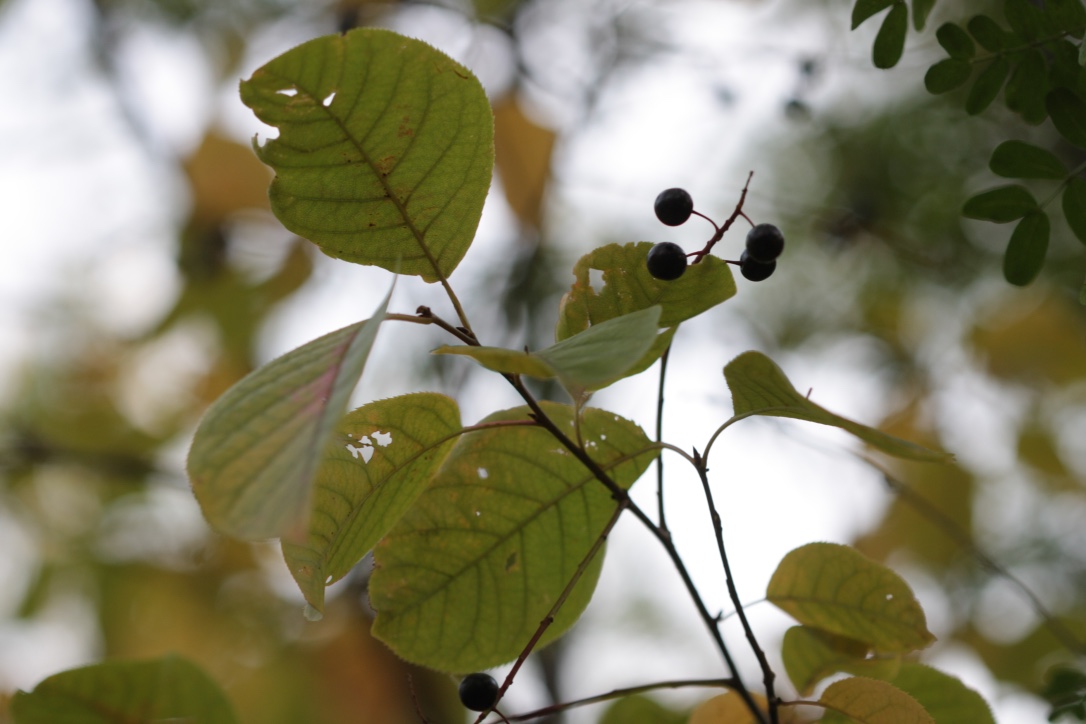
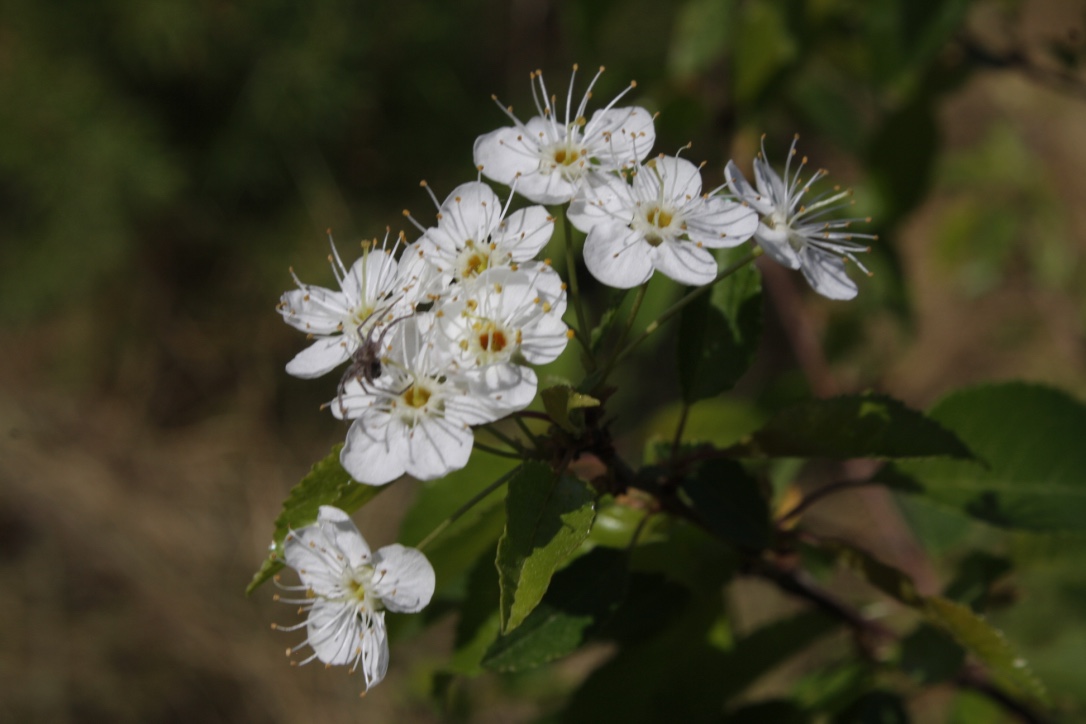
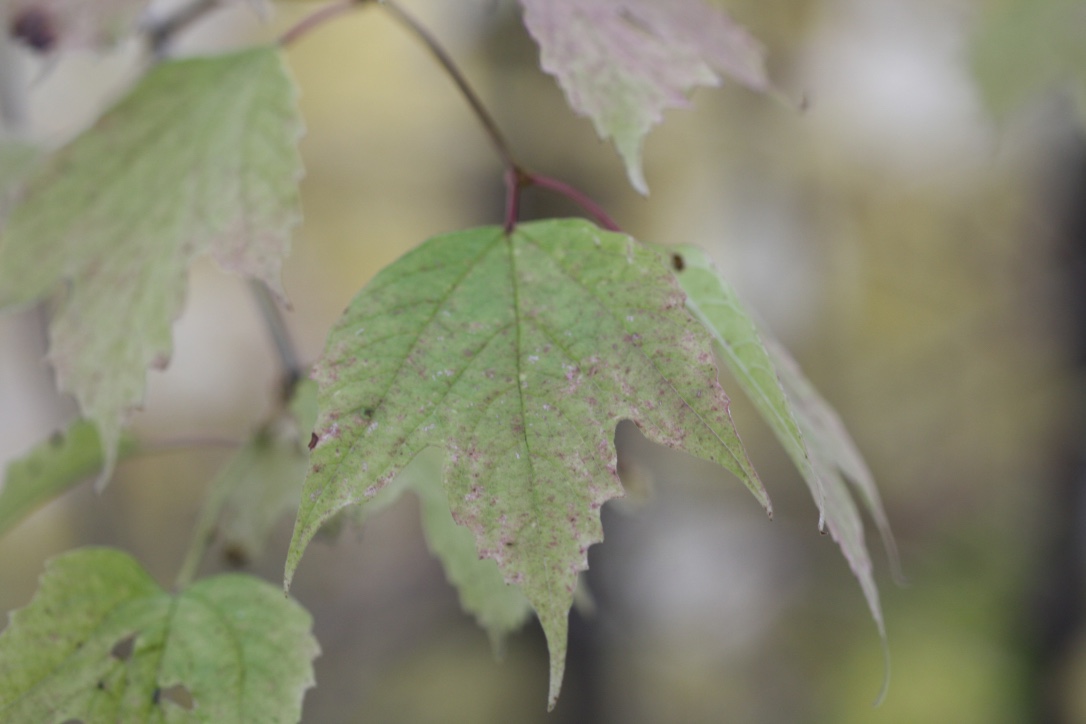
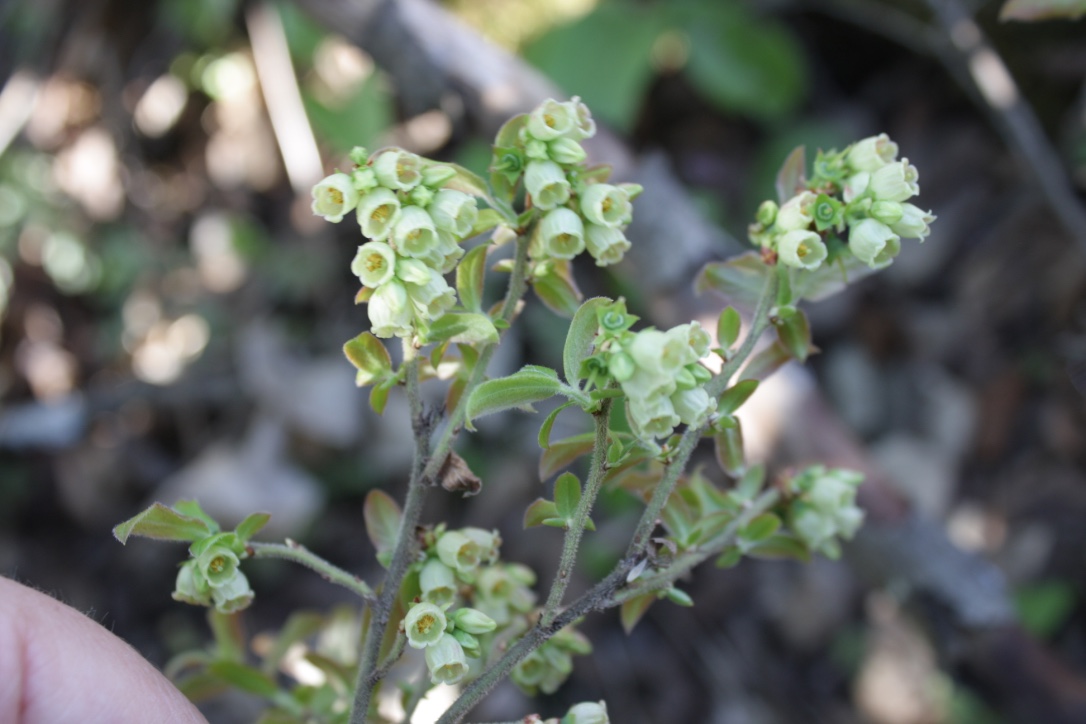
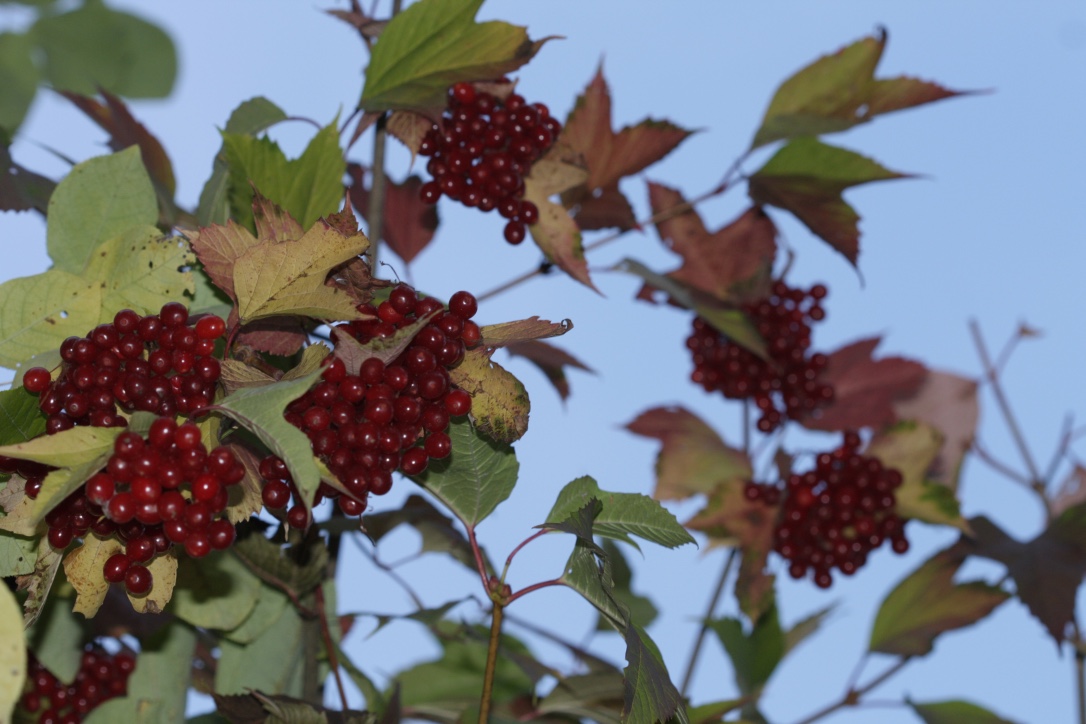
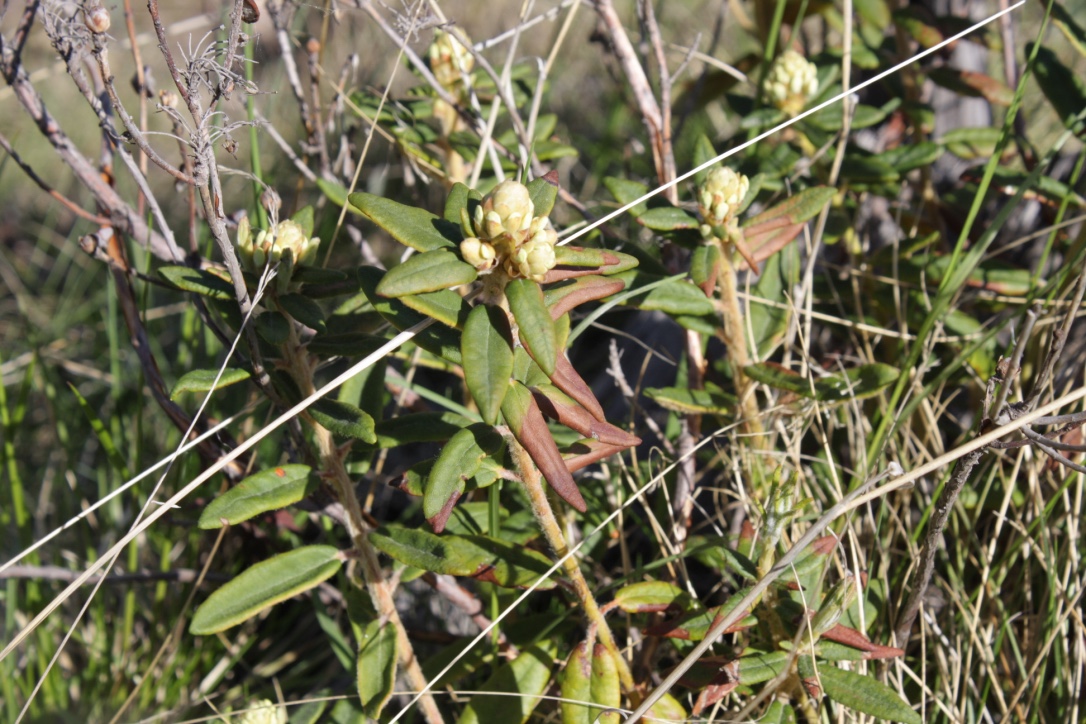
*Labrador Tea
(Rhododendron groenlandicum)
Family Fabaceae
(Peavine & Milkvetch Family)
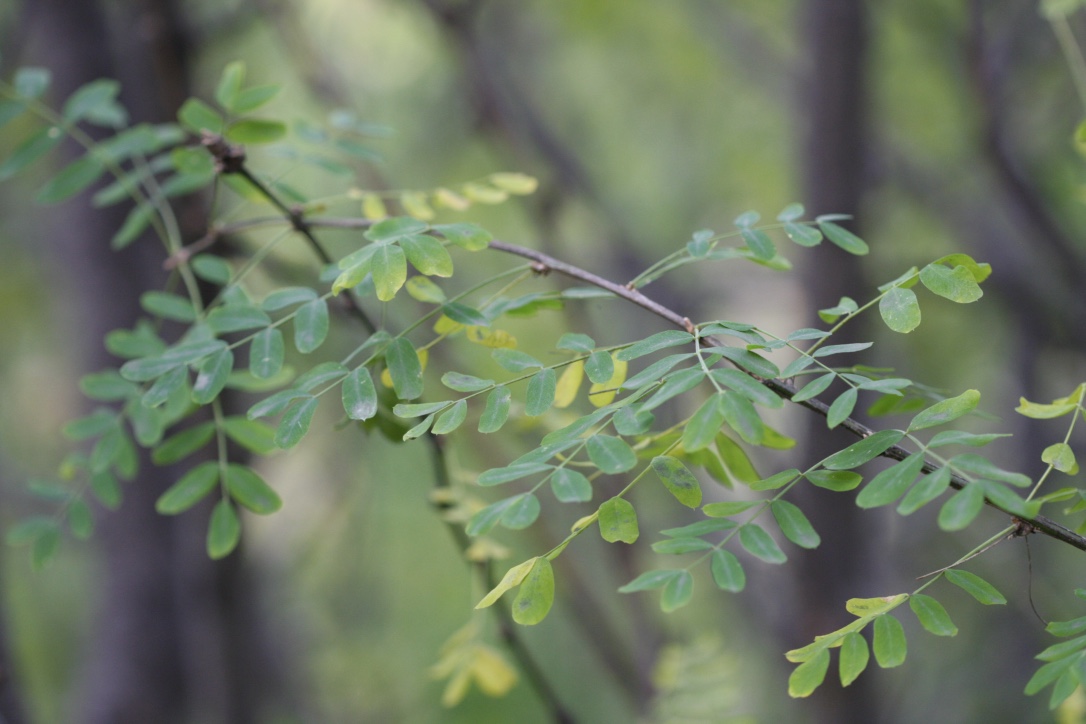
*Caragana
(Caragana arborescens)
Family Grossulariaceae
(Currant & Gooseberry Family)
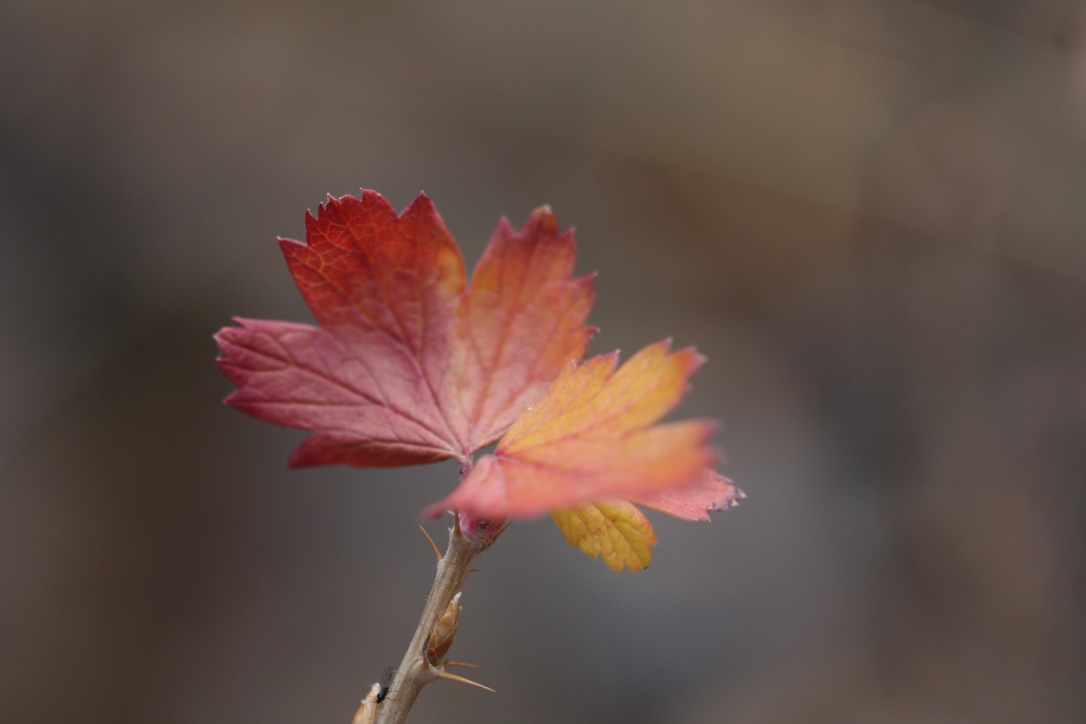
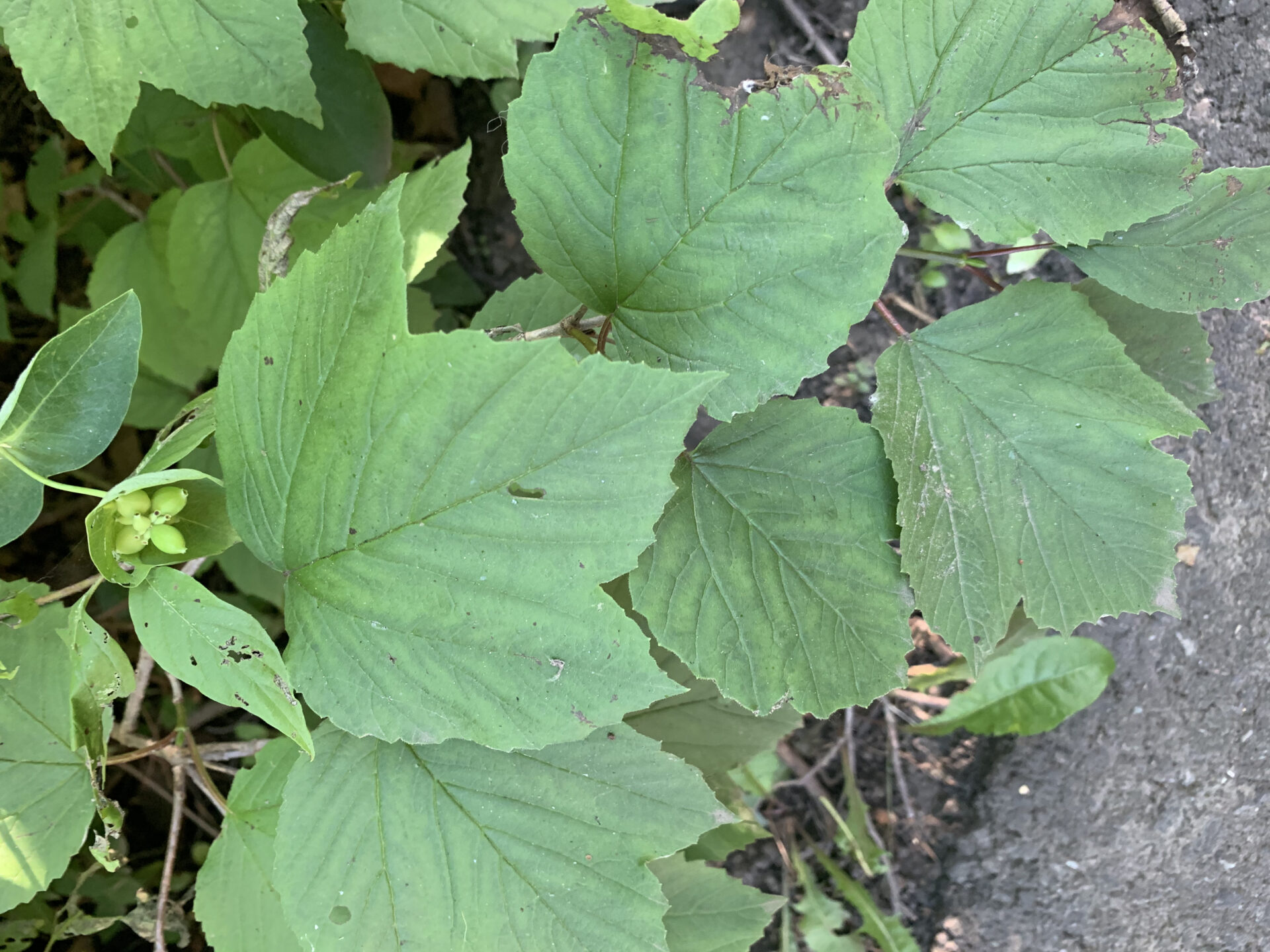
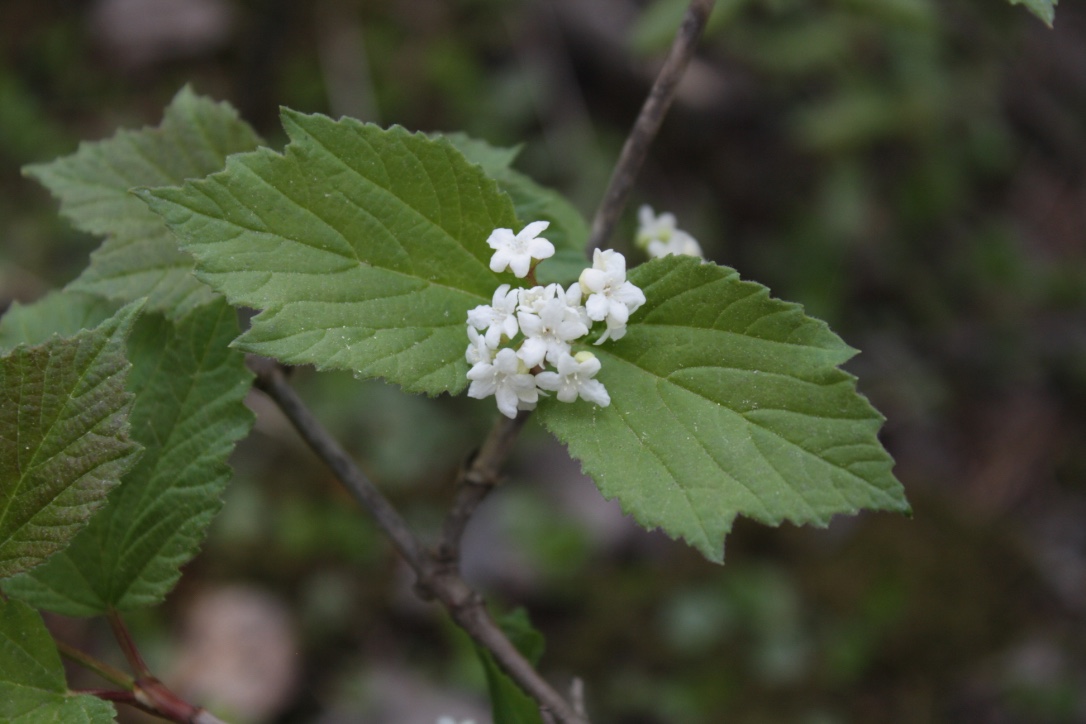
Family Rosaceae
(Rose & Cinquefoil Family)
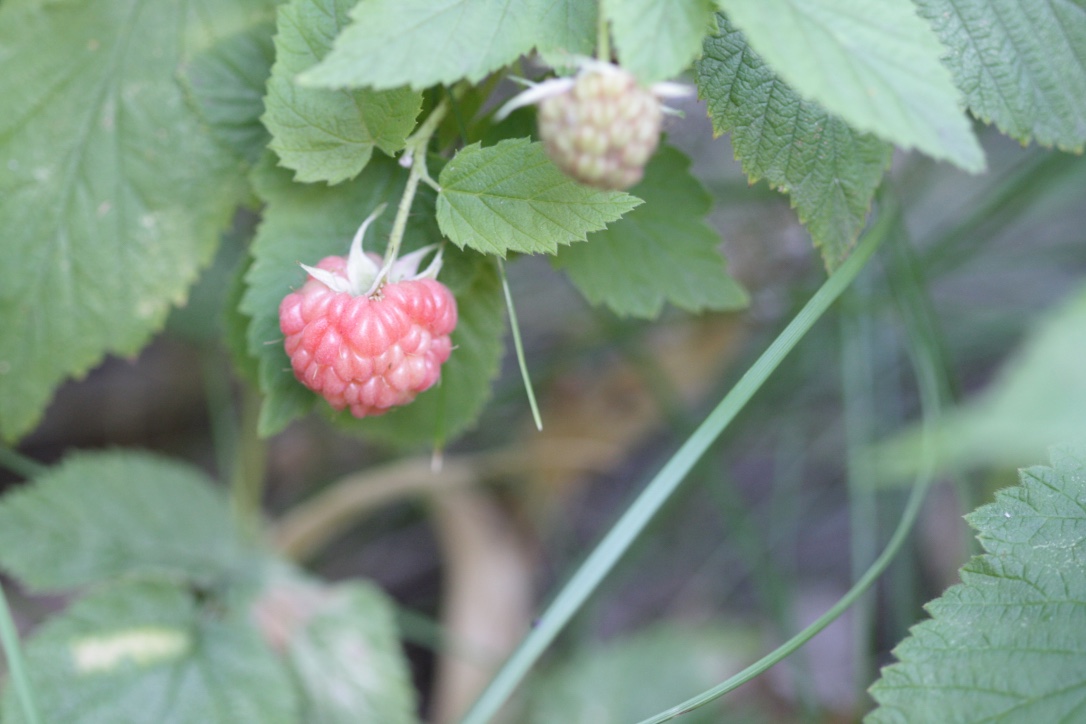
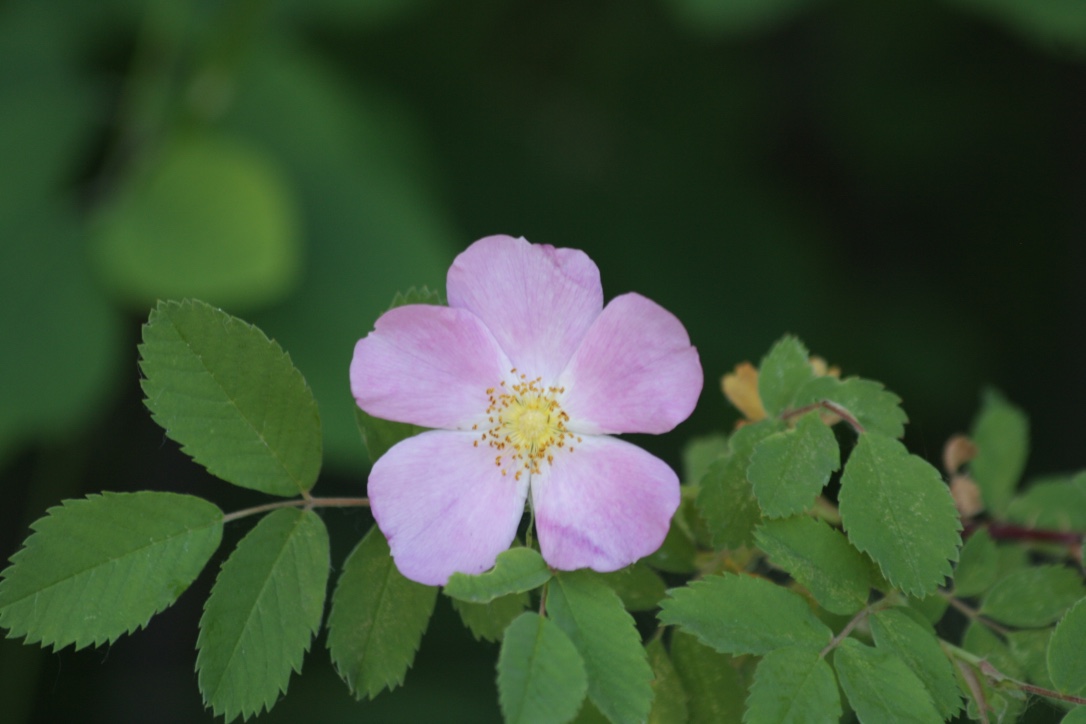
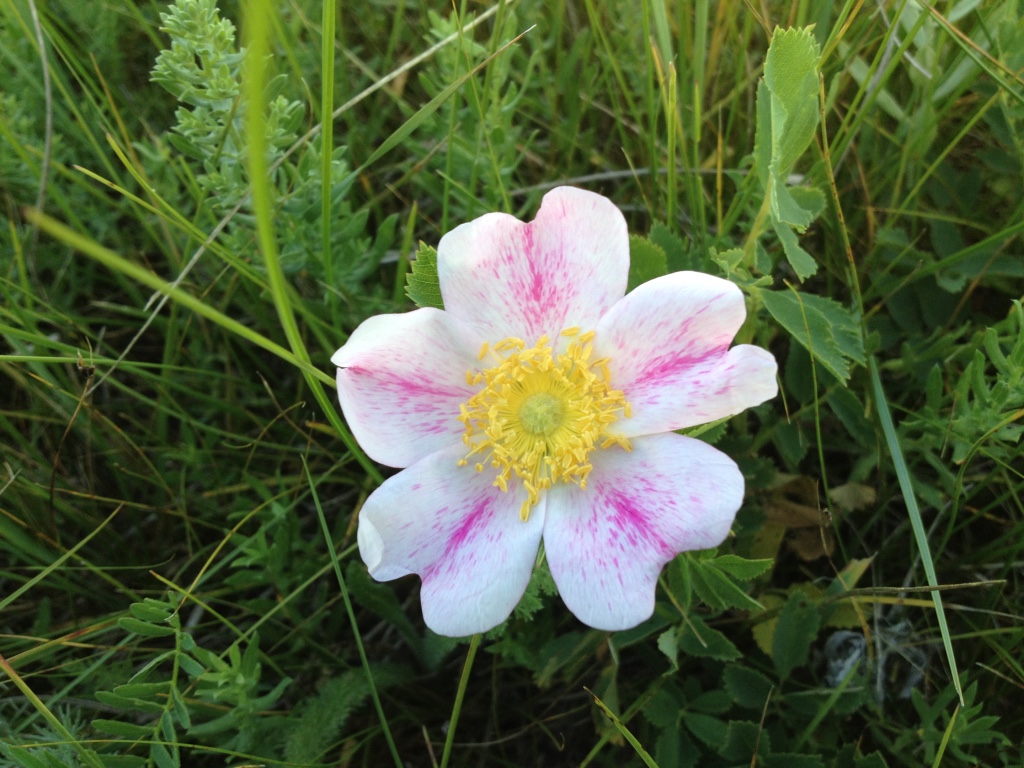
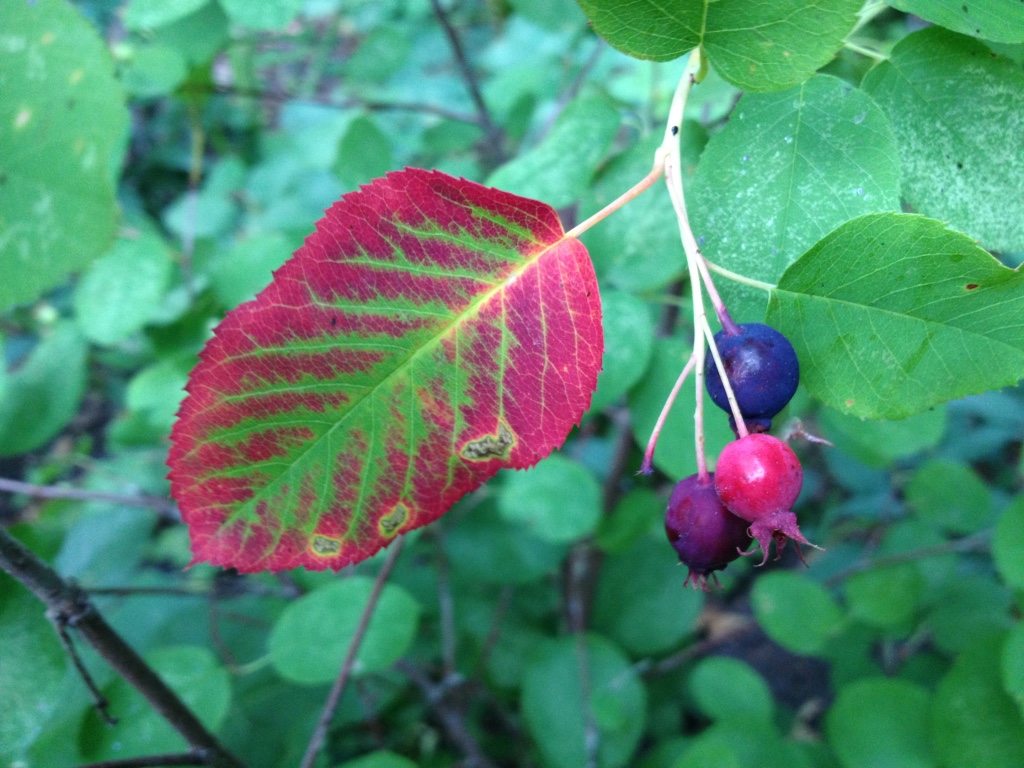
Family Salicaceae
(Aspen & Willow Family)
